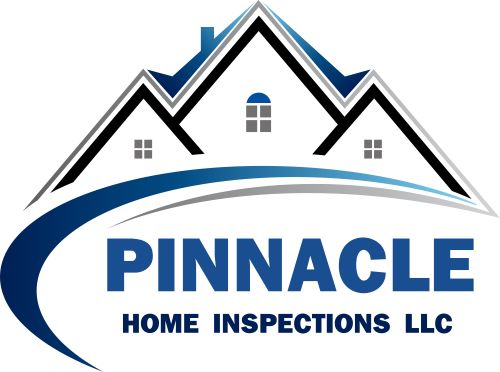Purchasing a home in Nashville or the surrounding area with a pool or spa is an exciting prospect, offering relaxation and recreation right in your backyard. However, it’s essential to ensure that these amenities are safe, functional, and compliant with local regulations. A thorough inspection by a qualified home inspector can provide peace of mind and potentially save you from costly repairs down the line.
1. Safety First: Nashville’s Pool Barrier and Alarm Requirements
In Nashville, pool safety is governed by both state and local regulations. Key requirements include:
-
Fencing: Pools must be enclosed by a barrier at least 48 inches tall. The fence should have no more than a 2-inch gap at the bottom, and it must be designed to prevent climbing. Gates must be self-closing, self-latching, and open outward, with latches positioned at least 54 inches above ground level.
-
Alarms: Tennessee law mandates that all residential pools be equipped with a pool alarm capable of detecting unauthorized entry into the water. Additionally, any doors providing direct access to the pool area must have alarms installed.
-
Permits: Before constructing or modifying a pool, homeowners must obtain a building permit from Metro Nashville. This process includes submitting a site plan detailing the pool’s location and its distance from property lines and easements.
2. Structural Integrity
Nashville’s varied soil composition, including clay and limestone, can impact pool structures. Inspectors will assess:
-
Pool Shell and Decking: Checking for cracks, bulges, or signs of settling that could indicate structural issues.
-
Drainage: Ensuring proper drainage around the pool to prevent water accumulation that could undermine the pool’s foundation.
3. Pool and Spa Equipment
A comprehensive inspection covers all mechanical components:
-
Pumps and Filters: Evaluating for leaks, proper operation, and signs of wear.
-
Heaters: Ensuring they function correctly and safely.
-
Electrical Systems: Verifying that all electrical components are properly grounded and bonded, with appropriate GFCI protection.
-
Plumbing: Checking for leaks, proper water flow, and secure connections.
4. Surrounding Areas and Accessories
The areas surrounding the pool are just as important:
-
Decking: Inspecting for cracks, uneven surfaces, or other hazards.
-
Handrails and Ladders: Ensuring they are securely anchored and in good condition.
-
Lighting: Verifying that all lighting is functional and safely installed, especially underwater fixtures.
5. Water Quality and Circulation
While inspectors don’t typically test water chemistry, they will:
-
Observe Water Clarity: Cloudy water can indicate filtration issues.
-
Check Circulation: Ensuring that skimmers and returns are functioning properly to maintain water movement.
Final Thoughts
A pool or spa can be a valuable addition to a Nashville home, offering enjoyment and potential property value increases. However, it’s crucial to ensure these features are safe and compliant with local regulations. A thorough inspection by a knowledgeable home inspector can identify potential issues, allowing you to address them proactively.
If you’re considering purchasing a home with a pool or spa in Nashville or the surrounding area, don’t hesitate to reach out to Pinnacle Home Inspections, we understand the specific requirements of our city. Ensuring your pool or spa is in top condition will provide peace of mind and enhance your enjoyment for years to come.

.png)